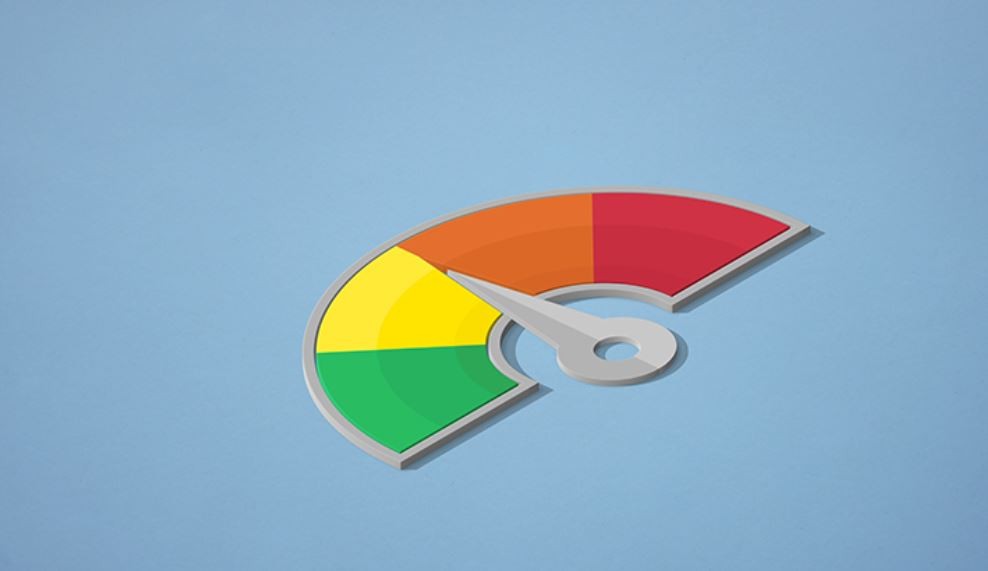
“Lenders review your credit to assess your ability to make payments on time, to pay back debts, and more.”
If you’re thinking about buying a home, you should know your credit score’s a critical piece of the puzzle when it comes to qualifying for a home loan. Lenders review your credit to assess your ability to make payments on time, to pay back debts, and more. It’s also a factor that helps determine your mortgage rate. An article from Bankrate explains:
“Your credit score is one of the most important factors lenders consider when you apply for a mortgage. Not just to qualify for the loan itself, but for the conditions: Typically, the higher your score, the lower the interest rates and better terms you’ll qualify for.”
This means your credit score may feel even more important to your homebuying plans right now since mortgage rates are a key factor in affordability, especially today. According to the Federal Reserve Bank of New York, the median credit score in the U.S. for those taking out a mortgage is 765. But, that doesn’t mean your credit score has to be perfect. An article from Business Insider explains generally how your FICO score range can make an impact:
“. . . you don’t need a perfect credit score to buy a house. . . . Aiming to get your credit score in the ‘Good’ range (670 to 739) would be a great start towards qualifying for a mortgage. But if you’re wanting to qualify for the lowest rates, try to get your score within the ‘Very Good’ range (740 to 799).”
Working with a trusted lender’s the best way to get more information on how your credit score could factor into your home loan and the mortgage rate you’re able to get. As FICO says:
“While many lenders use credit scores like FICO Scores to help them make lending decisions, each lender has its own strategy, including the level of risk it finds acceptable. There is no single “cutoff score” used by all lenders and there are many additional factors that lenders may use to determine your actual interest rates.”
If you’re looking for ways to improve your score, Experian highlights some things you may want to focus on:
- Your Payment History: Late payments can have a negative impact by dropping your score. Focus on making payments on time and paying any existing late charges quickly.
- Your Debt Amount (relative to your credit limits): When it comes to your available credit amount, the less you’re using, the better. Focus on keeping this number as low as possible.
- Credit Applications: If you’re looking to buy, don’t apply for other credit. When you apply for new credit, it could result in a hard inquiry on your credit that drops your score.
When you’re ready to start the homebuying process, a lender will be able to assess which range your score falls in and tell you more about the specifics for each loan type.
Bottom Line
With affordability challenges today, prioritizing ways you can have a positive impact on your credit score could help you get a better mortgage rate. If you want to learn more, let’s connect.
To view original article, visit Keeping Current Matters.
Two Reasons You Should Sell Your House
Wondering if you should sell your house this year? As you make your decision, think about what’s motivating you to consider moving and let’s connect today!
How Changing Mortgage Rates Can Affect You
It’s critical to lean on your expert real estate advisors to explore your mortgage options and understand what impacts mortgage rates.
We’re in a Sellers’ Market. What Does That Mean?
Right now, there are still buyers who are ready, willing, and able to purchase a home. List your home at the right price 🙂
How Homeownership is Life Changing for Many Women
The financial security and independence homeownership provides can be life changing.
Get Ready: The Best Time To List Your House Is Almost Here
If you’re thinking about selling this spring, it’s time to get moving – the best week to list your house is fast approaching.
Why Buying a Home Is a Sound Decision
Experts aren’t forecasting a drastic fall in home prices nationally, even though some markets will see home price appreciation while others may depreciate.





